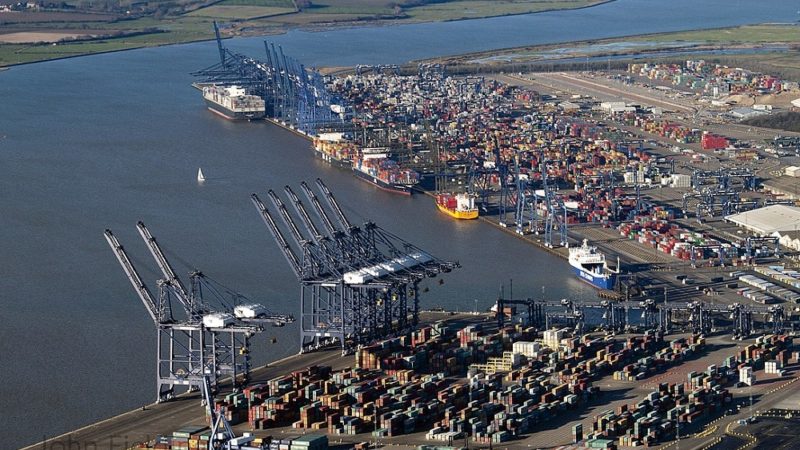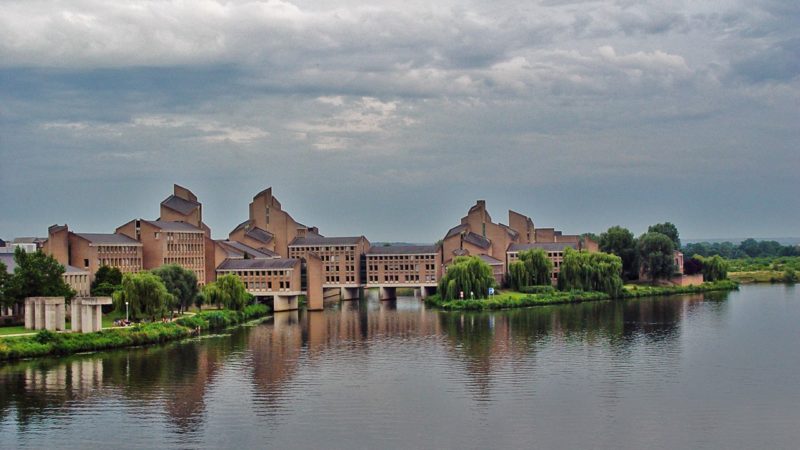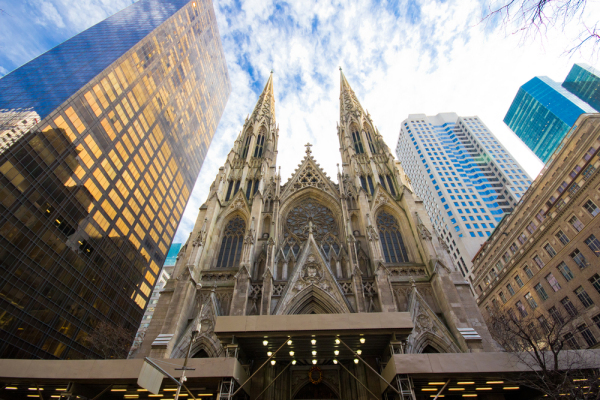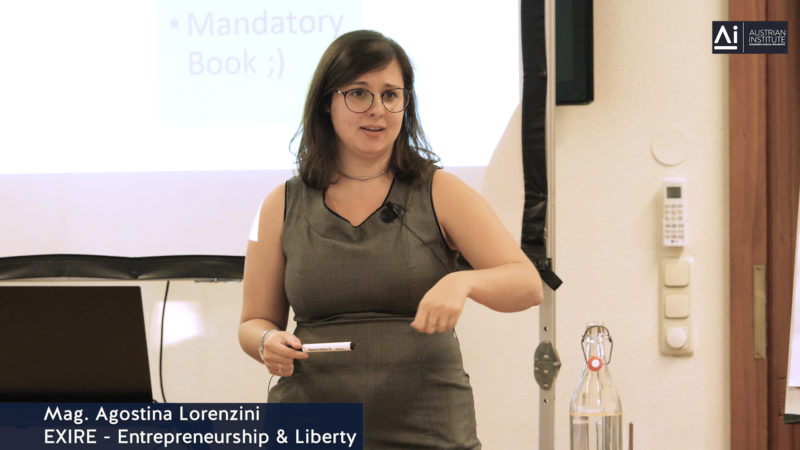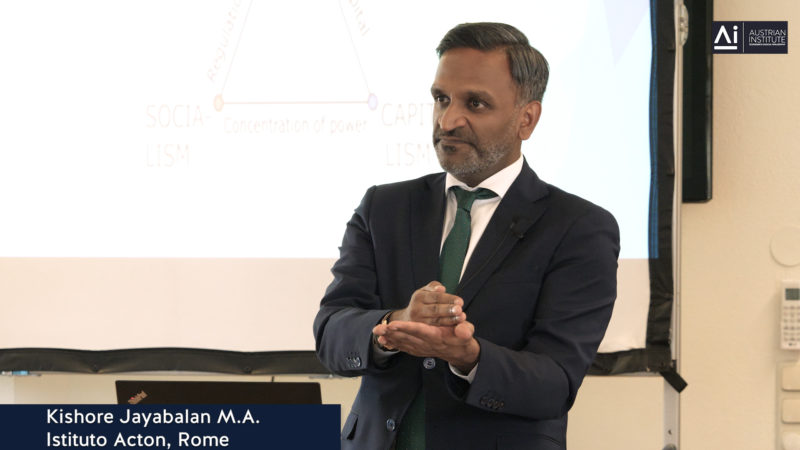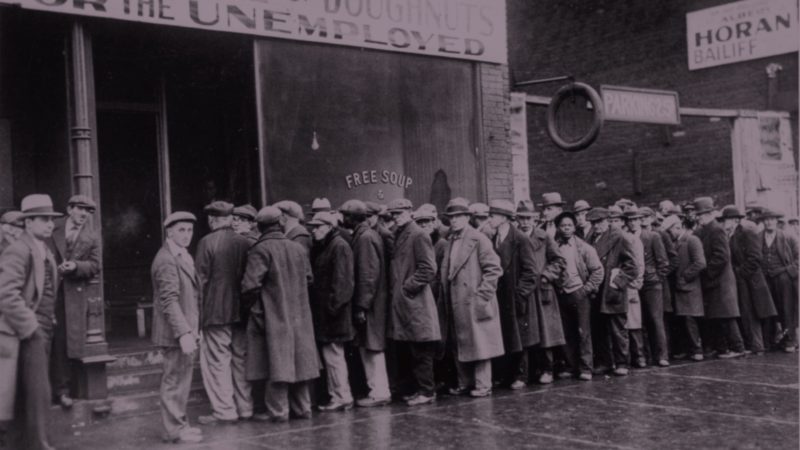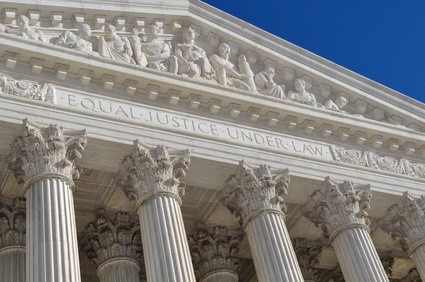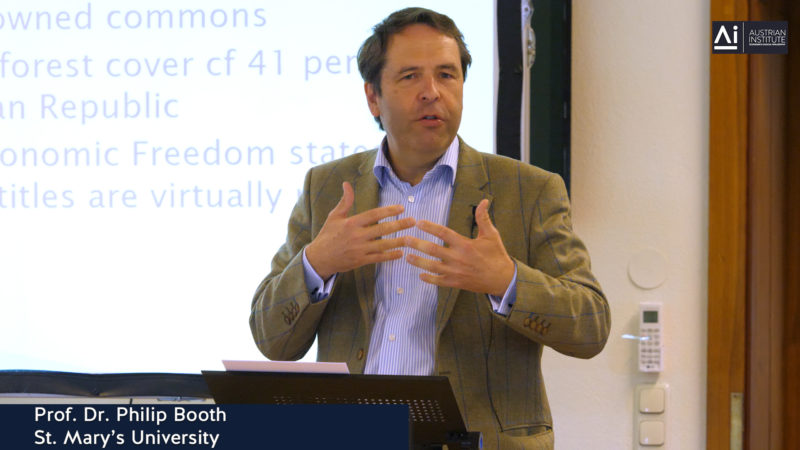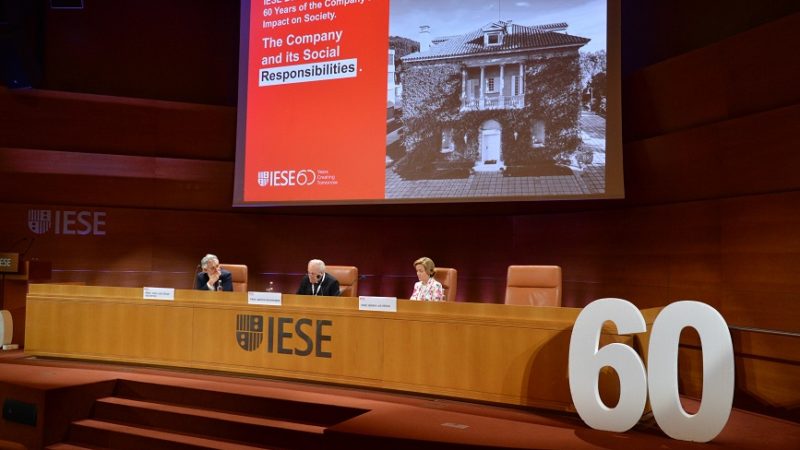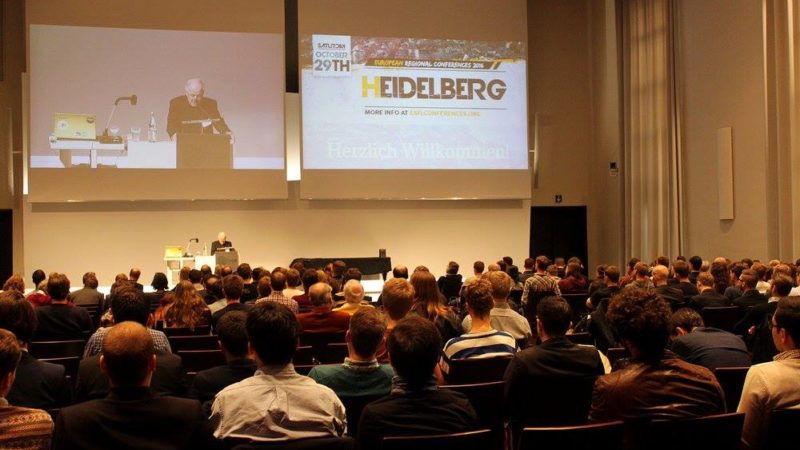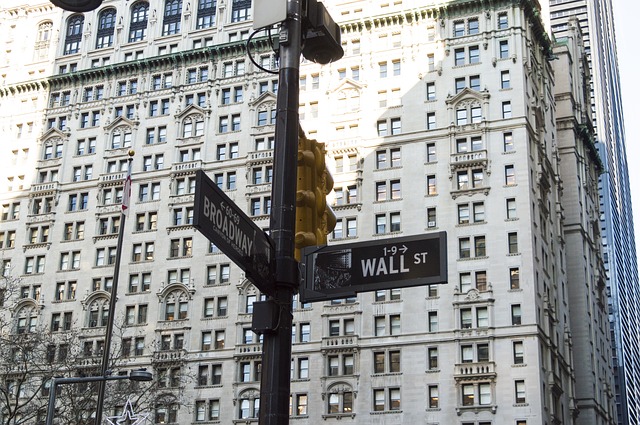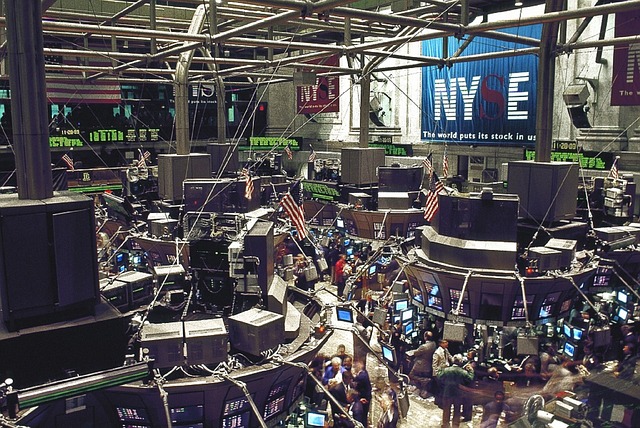The Euro Illusion: From a Project of Integration to a Green Planned Economy
At first it seemed as if the new President of the European Central Bank (ECB) Christine Lagarde would simply continue the loose monetary policy of her predecessor. But now she has announced a green policy shift. This marks the beginning of a whole new act in the euro drama.
Philipp Bagus: “The Fear of Deflation Is Unfounded”
Many economists, policymakers, and central banks are afraid of deflation. Generally speaking, they do not even distinguish between different causes of price deflation—i.e. between price deflation caused by growth and price deflation caused by contractions in credit. In this interview, the economist Phillipp Bagus says that these fears of deflation are misguided.
Market Capitalism and Christian Social Ethics: A Contradiction?
Capitalism and free markets are widely considered to be incompatible with Christian social ethics. At a closer look, however, market capitalism turns out to be the economic order most consistent with the basic principles of Christian ethics.
Freedom of Expression and Democracy: Opening Lecture at the Students for Liberty Regional Conference
Freedom of expression is a fundamental right without which a free and democratic society cannot exist. We all grew up in this culture of freedom. But Political Correctness and conformism endanger it.

